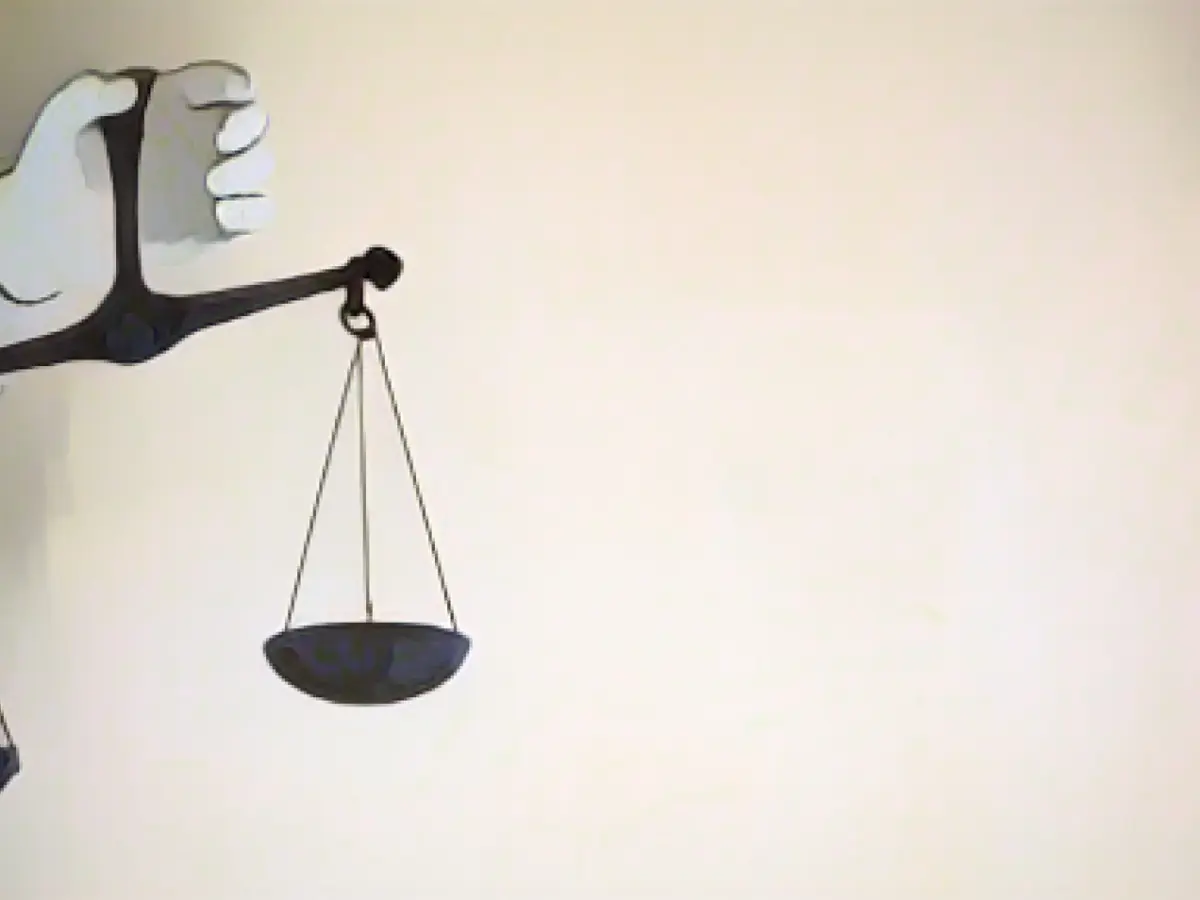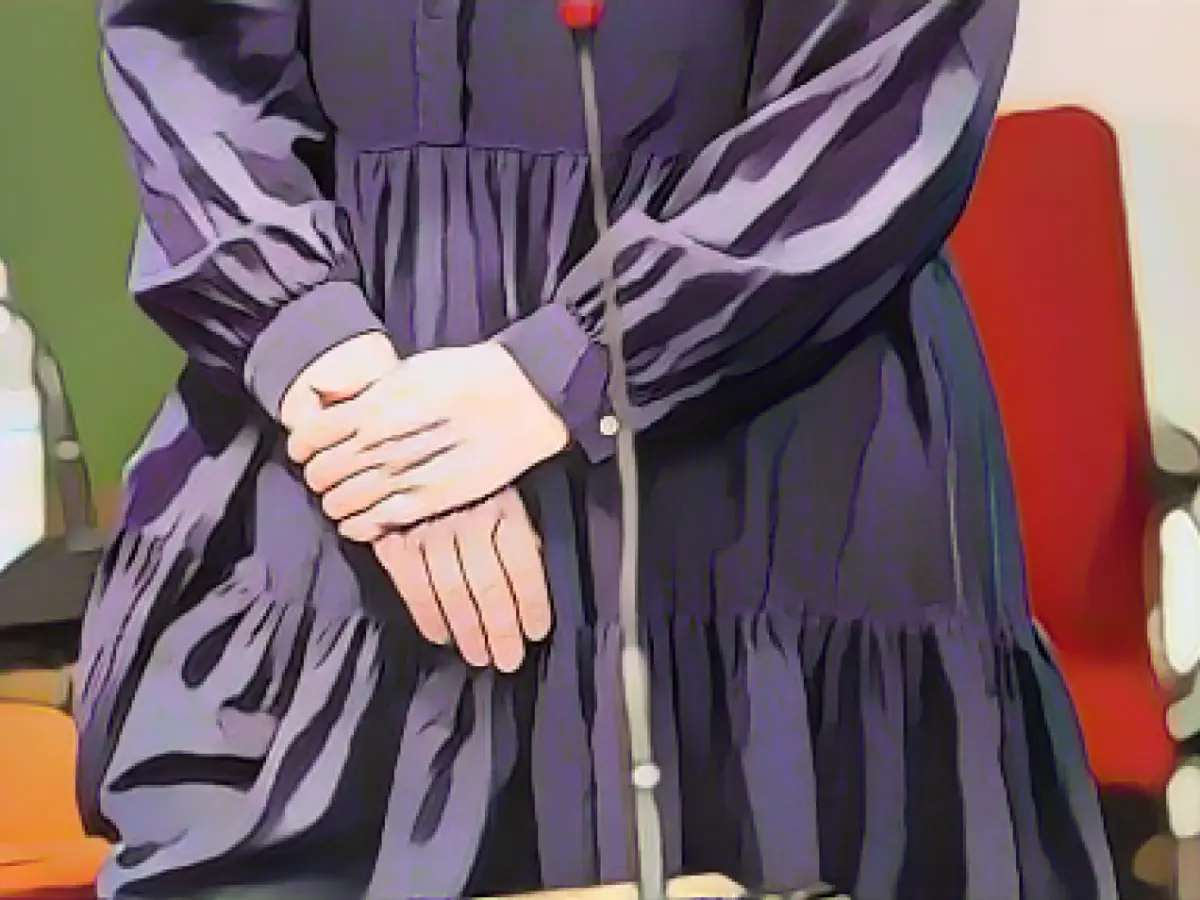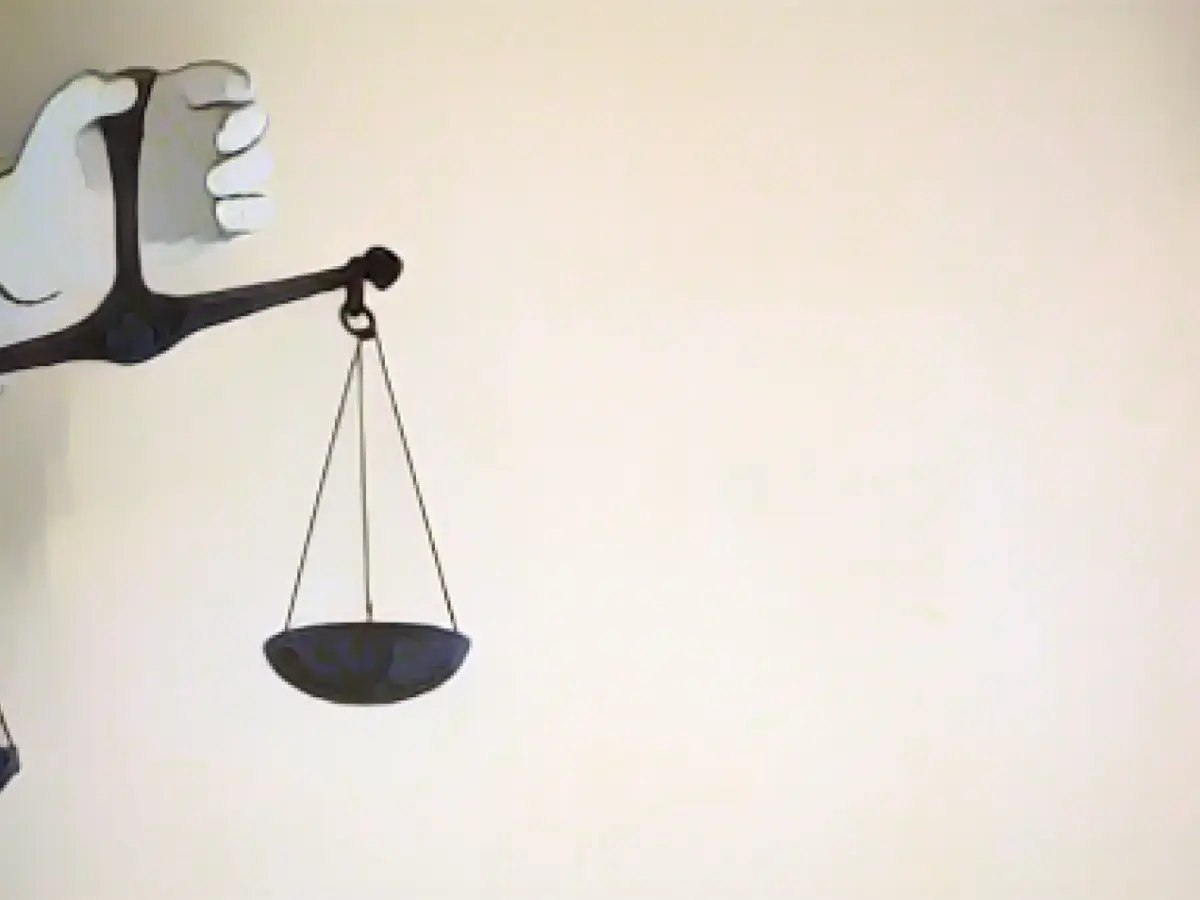Pandemic-Fueled Troubles: Tandler and Partner Facing Lengthy Prison Sentences
Andrea Tandler, the daughter of a former high-ranking Bavarian politician, is set to spend more than four years behind bars, following a tax evasion case surrounding the coronavirus mask affair in Bavaria. Her business partner is also looking at a minimum of three and a half years in prison, based on a plea bargain agreed upon by all parties involved in the trial. Both defendants have admitted their guilt, with plans to make amends for the damage they've caused. A verdict is expected as early as Friday.
Tandler's sentencing ranges from four years and three months to four years and nine months, while her co-defendant faces a sentence ranging between three years and six months to four years, according to the presiding judge. Andrea Tandler is connected to her father, Gerold Tandler, who served as the CSU General Secretary and previously held leadership roles in Bavaria’s Finance, Economics, and Interior Ministry.
During the onset of the coronavirus pandemic in 2020, Tandler managed contracts on behalf of a Swiss mask supplier with various federal and state authorities. The resulting commissions amounted to almost 50 million euros, which is not illegal in and of itself. However, the public prosecutor's office alleges that the commissions were not properly taxed, making Tandler and her partner liable for prosecution.
As Tandler's defense attorney conceded, she unlawfully used a company to pay taxes on the commissions, reducing her overall tax liability. Additionally, Tandler's partner, N., is accused of receiving an unfair share of the newly founded GmbH, without contributing anything to the company initially, leading to gift tax evasion charges.
The indictment also accuses the pair of evading trade tax by taxing the income from the mask business in Grünwald instead of Munich, where a higher tax rate applies. According to the prosecutor's office, the income in question should have been taxed in Munich as it functioned as the company's place of management. The total economic loss incurred by these tax evasions is estimated to be 15.2 million euros.
Given the admission of guilt from both parties, the tax evasion charges were largely dropped by the court with the approval of the prosecutor's office. Consequently, the proceedings relating to gift tax evasion and coronavirus subsidy fraud have been discontinued.
Plea bargains, which are a common practice in criminal courts, essentially serve as an agreement between the defense and the prosecutor’s office, dictating an approximate verdict in exchange for a defendant's confession. This allows the court to provide an expected sentence range, which must be agreed upon by both parties to reach the plea bargain.
Additional insights:
- During the peak of the COVID-19 crisis, there were numerous calls for transparency and accountability in dealing with pandemic-related contracts and purchases, including mask procurement.
- Brokering contracts and facilitating business transactions during the pandemic, especially with public entities, has been met with heightened scrutiny and suspicion in certain circles.
- Unchecked corporate incentives, financial incentives, and lax regulatory oversight are potential areas of concern that can lead to fraudulent activities, such as those described in this article.
Read more:
Sources:








